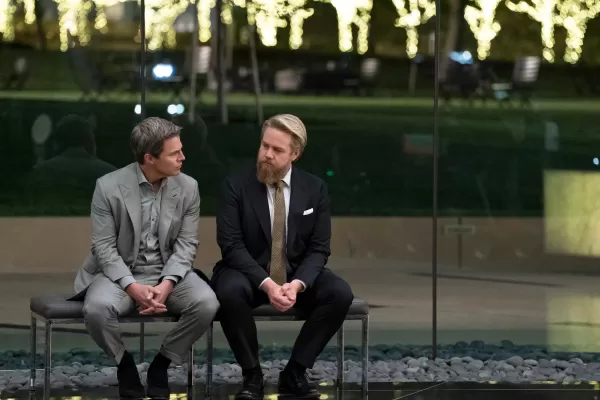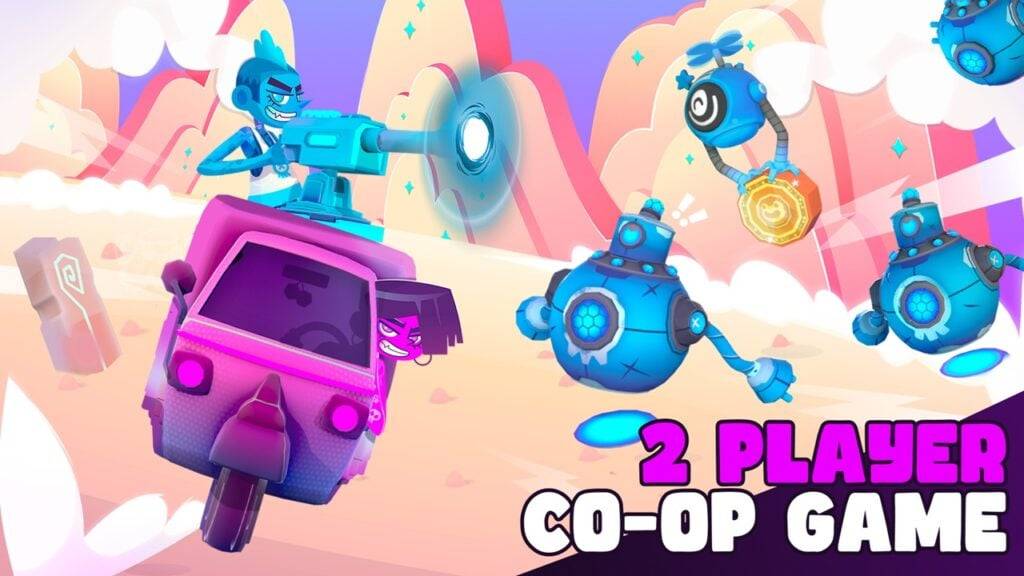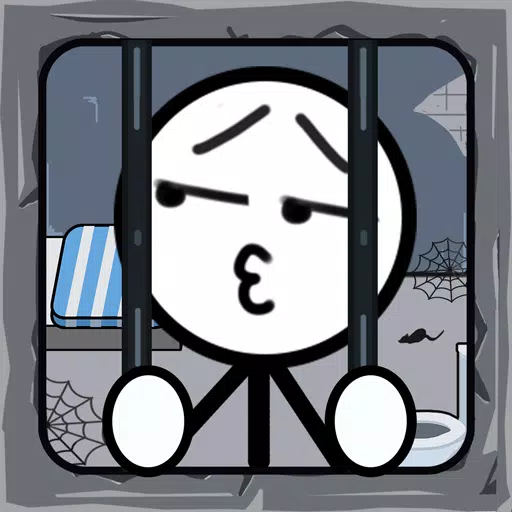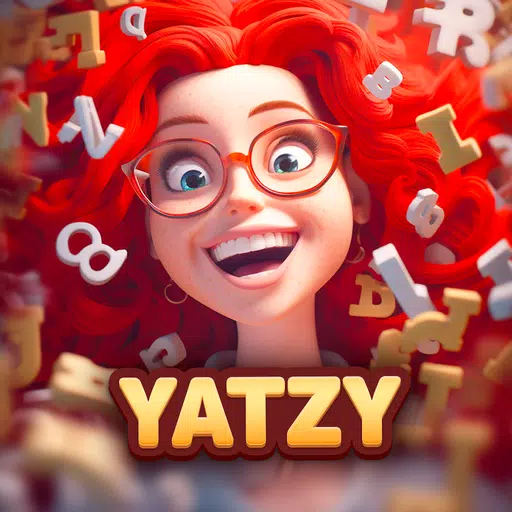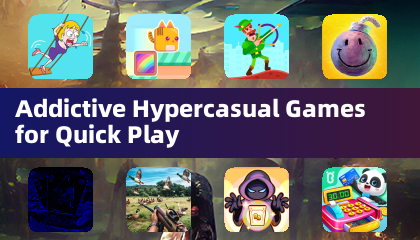Former PlayStation executive Shuhei Yoshida has expressed his reservations about Sony's controversial push into live service video games. In a recent interview with Kinda Funny Games, Yoshida, who served as President of SIE Worldwide Studios from 2008 to 2019, revealed that Sony was aware of the risks associated with investing in live service games.
Yoshida's comments come at a challenging time for PlayStation's live service ventures. While Arrowhead's Helldivers 2 achieved remarkable success, selling 12 million copies in just 12 weeks and becoming the fastest-selling PlayStation Studios game ever, other live service titles have faced significant setbacks. Sony's Concord, for instance, turned out to be a major disappointment, lasting only a few weeks before being taken offline due to extremely low player engagement. The game was eventually canceled, and its developer shut down.
The failure of Concord was costly for Sony, with initial development costs reportedly reaching $200 million, according to Kotaku. This figure did not cover the full development expenses, nor did it include the acquisition of the Concord IP rights or Firewalk Studios itself. The Concord debacle followed the cancellation of Naughty Dog's The Last of Us multiplayer game, and Sony recently canceled two more unannounced live service projects, including a God of War title from Bluepoint and another from Bend Studio, the developers of Days Gone.
Yoshida, who recently left Sony after 31 years with the company, reflected on the live service strategy during his interview. He suggested that if he were in the position of Hermen Hulst, the current CEO of Sony Interactive Entertainment Studio Business Group, he would have resisted the shift towards live service games. Yoshida explained that while he was managing the budget, he felt it was more prudent to continue investing in successful single-player titles like God of War rather than diverting resources entirely to live service games.
However, Yoshida acknowledged that under Hulst's leadership, Sony provided additional resources to explore live service games without halting the development of single-player titles. He noted that Sony was aware of the risks involved, given the competitive nature of the live service genre, but was willing to take a chance. Yoshida praised the unexpected success of Helldivers 2, emphasizing the unpredictable nature of the gaming industry and expressing hope that Sony's strategy would eventually pay off.
In a recent financial call, Sony president, COO, and CFO Hiroki Totoki discussed the lessons learned from both the success of Helldivers 2 and the failure of Concord. Totoki admitted that Sony should have implemented development checkpoints, such as user testing and internal evaluations, much earlier in the process. He suggested that earlier intervention could have allowed for improvements to Concord before its launch.
Totoki also highlighted issues with Sony's "siloed organization" and the timing of Concord's release, which coincided with the launch of the popular Black Myth: Wukong on PS5 and PC. He emphasized the need for better coordination across different organizational boundaries and more strategic release windows to avoid cannibalization and maximize performance.
During the same financial call, Sony senior vice president for finance and IR Sadahiko Hayakawa compared the launches of Helldivers 2 and Concord, stating that the lessons learned would be shared across Sony's studios. Hayakawa stressed the importance of enhancing development management and post-launch content strategies to strengthen Sony's overall approach to game development.
Looking ahead, Sony continues to work on several live service projects, including Bungie's Marathon, Guerrilla's Horizon Online, and Haven Studio's Fairgame$. The company aims to balance its portfolio by combining its proven strengths in single-player games with the potential upside of live service titles, while managing the inherent risks.

